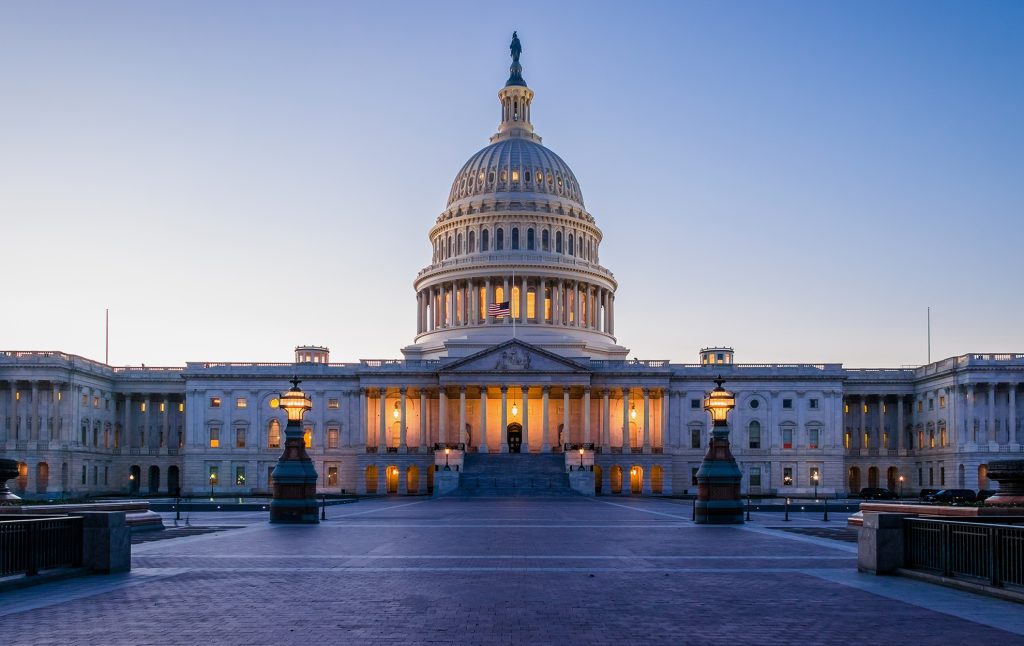Steve Caldeira, President & CEO, authored an op-ed for RealClearPolicy about how the Environmental Protection Agency (EPA) needs more funding to improve its chemical-approval system. While the EPA deserves a lot of credit for trying to make do with what it has, only Congress can provide the additional resources that the Agency requires.
Lawmakers in Washington believed they had produced a major benefit for American consumers when they passed the Toxic Substances Control Act six years ago. The legislation was supposed to bolster the federal government’s ability to identify and regulate the risks that chemicals posed to vulnerable populations, especially children.
It did not turn out that way. The Environmental Protection Agency (EPA) got the expanded authority but not the resources to carry it out. Congress passed the law knowing that EPA’s administrative costs should increase by 25 percent a year to accommodate the workload, but it failed to increase appropriations for the agency.
As a result, the department designated to review new chemicals, which requires dozens of human-health assessors, has only two of them. Also, hundreds of promising products for use at home and work have been kept off the market, depriving consumers, and businesses of useful innovations. The delays have prevented safer and more sustainable chemicals from replacing older, riskier chemicals.
According to the EPA, the office that reviews new and existing chemicals needs an increase of $64 million a year and 201 employees to do its job well. The program that reviews pesticides has lost hundreds of employees, which has created a backlog of more than 11,000 pesticide-related decisions. That office also needs additional funds and staff to get back on track.
These are small amounts of money in the multi-trillion-dollar federal budget. But lawmakers have been unable to muster enough votes to appropriate them. The Trump administration froze EPA spending. The Biden administration supports added funding, but Congress has failed to act. The EPA spending bill in the House was voted out of committee but had no Republican support and did not make it to the House floor. The Senate staff published draft legislation, but lawmakers never even considered it in subcommittee.
The situation is so dire that a growing number of household and commercial product makers and their representatives in Washington are publicly calling for extra funding for EPA, an agency that is not considered an ally of chemical companies.
From industry’s point of view, the EPA has lots of improvements to make. Its Office of Inspector General recently released 53 recommendations to upgrade the agency. But congressional neglect has forced the EPA to triage one problem after another. For example, the EPA has told outsiders that it needs nearly $20 million a year for three years to complete software replacements for barely functional, Clinton-era technology.
The EPA deserves a lot of credit for trying to make do with what it has. The staff is working hard to update the systems that countless companies rely on to bring their products to market. But even the most dedicated public servants cannot make much progress without the additional resources that only Congress can provide.
Rising inflation, labor shortages, and supply-chain challenges make it more imperative than ever for the EPA to streamline its approval of new and more sustainable chemicals. We are all better off when safe and effective products can quickly get reviewed and to market.
Regulated industries long for the day that government agencies can operate, as has been said, “at the speed of business.” That might happen someday. In the meantime, members of Congress should listen to the odd-bedfellows-combination of chemical manufacturers and public health and environmental advocates who have voiced alarm at the current state of the EPA’s chemical-approval system. Ill-equipped and short-staffed agencies are a problem for everyone – consumers, workers, and the environment. The EPA needs more funding now.








